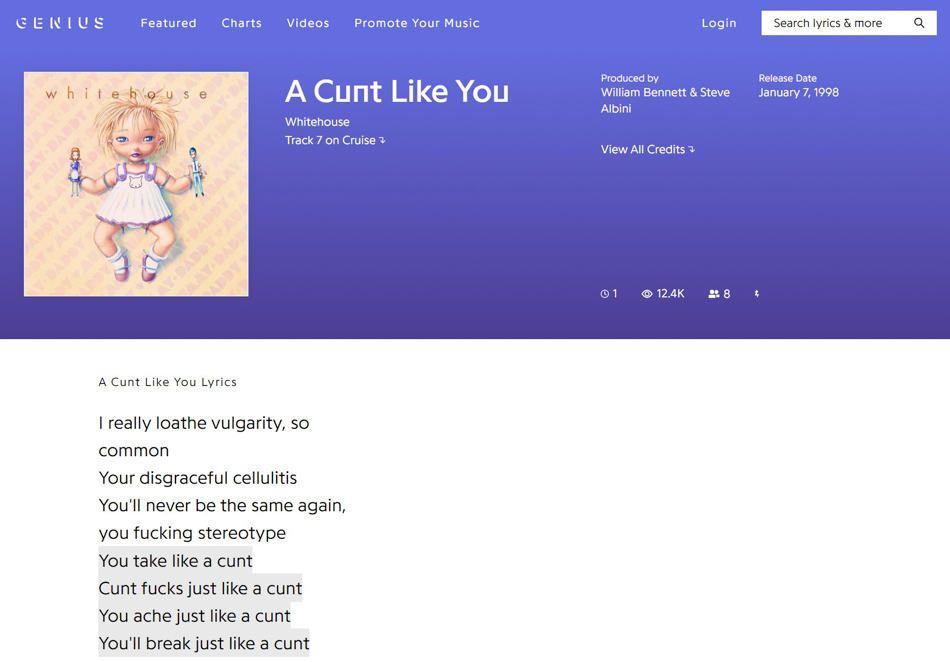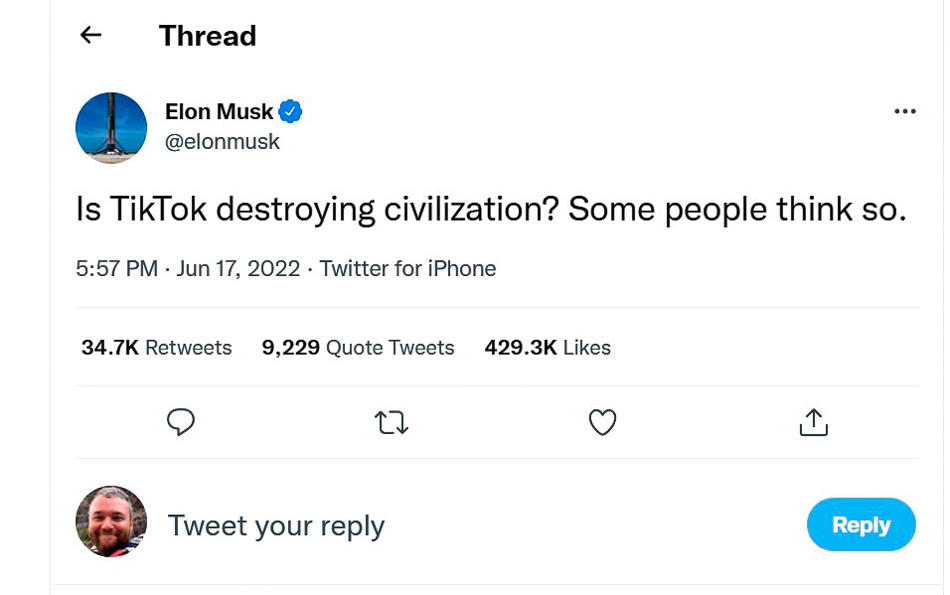
I think I am starting to understand Derrida’s idea of erasure. Could he mean that once we’ve seen a sign, image, or word, we’ve learned what it means? On subsequent encounters with the sign or the word, we erase the previous one in a sense, allowing it to be replaced by a new context.
The written word is a dangerous sign that pries open areas of the psyche that are a threat to external control structures. The spoken word is a distinctly different organ/tool from the written word: the emoting tonality of the speaker triggers a temporary euphoria or understanding that arrives with the perceived intentionality of the person talking. Compare this to writing/reading when we decipher on intimate terms, using traces of other writers that weave between ideas of signifier and signified.
This mechanism of attention/deconstruction is not available to the listener, which for controllers is a good thing as the spoken words flow in ways that don’t allow traces to enter the stream as long as the orator keeps their foot on the pedal of delivering a relative barrage.
This was the method employed by Hitler, Trump, Putin, Charles Manson, Shoko Asahara of the Japanese doomsday cult known as Aum Shinrikyo, and many religious zealots, simply keep drilling the message using an authoritative voice that takes the listener on a ride and overwhelms their analytical mind, rendering them unable to find their own internal voice using threads/traces of what they might have otherwise considered, had they been reading the written words.
For example, I’m currently reading Gayatri’s preface to Derrida’s Of Grammatology, and if I’m comprehending it correctly, it is almost irrelevant as I find my own traces/threads through the meaning of things that produce thoughts and ideas I would consider my own, although I know that what I’m translating into my own discourse is a continuation of words and ideas harvested from everyone, including WSB, Nietzsche, Bukowski, Russel, Baudrillard, E.O. Wilson, and now Derrida via Freud, Heidegger, Foucault, and Lacan.
If I weren’t reading, I couldn’t find the space between words to activate my own thoughts, and I’d have to wait until the speech was finished and an extended silence opened before I could insert my own words. This is a danger of being a listener only as much is lost when waiting for a break. While reading and writing, I have only the tension of my excitement to reach the next word, and should I take a pause, I know I can return to exactly the same point, highlight it if need be, and continue pursuing inspiration if that’s what I’m exploring.
But this is all a palimpsest as I write over the erased text of what I thought I read because my understanding is of no consequence. My interpretation is that of a poor critic afraid to admit deficiencies in comprehension.
I suppose one thing I have learned is that when I reach the actual words of Derrida, I will have to examine the spaces between the words, lines, margins, and the vast empty spaces left as voids in Derrida’s writing in order for me to erase the missing meaning so I might insert my own meaninglessness that should also require erasure.
My job is not to bring closure (answers) to knowledge but to make the abyss larger and more confounding so as to grow the mystery of what still lies ahead. We hope to inspire others to fill the gaps we left behind to peer into the darkness between stars. This is the metaphor for understanding the infinite horizon of potentiality and that we are lightyears away from grasping the limits of our mind and language so we can endure the exploration of all that we’ve never imagined.
We attempt to destroy ambiguity as that is the frontier of freedom where discovery is the propellant, and to that end, all thinkers that risk convention by opening cans of experimental thought taunt the powers that be that their luxuries wrought from control could be put at risk.
Life itself is encoded in written form and must be read using the evolving strings of DNA that are forever altering the story of life on Earth. When we write, we are crafting the future. When we wave in the wind, we are but trees on the surface of a complex structure that lacks meaning; we are the meaning. Should we devolve further and abdicate our responsibility to craft signs, we will become nothing, unable to perceive the abyss of joy.




